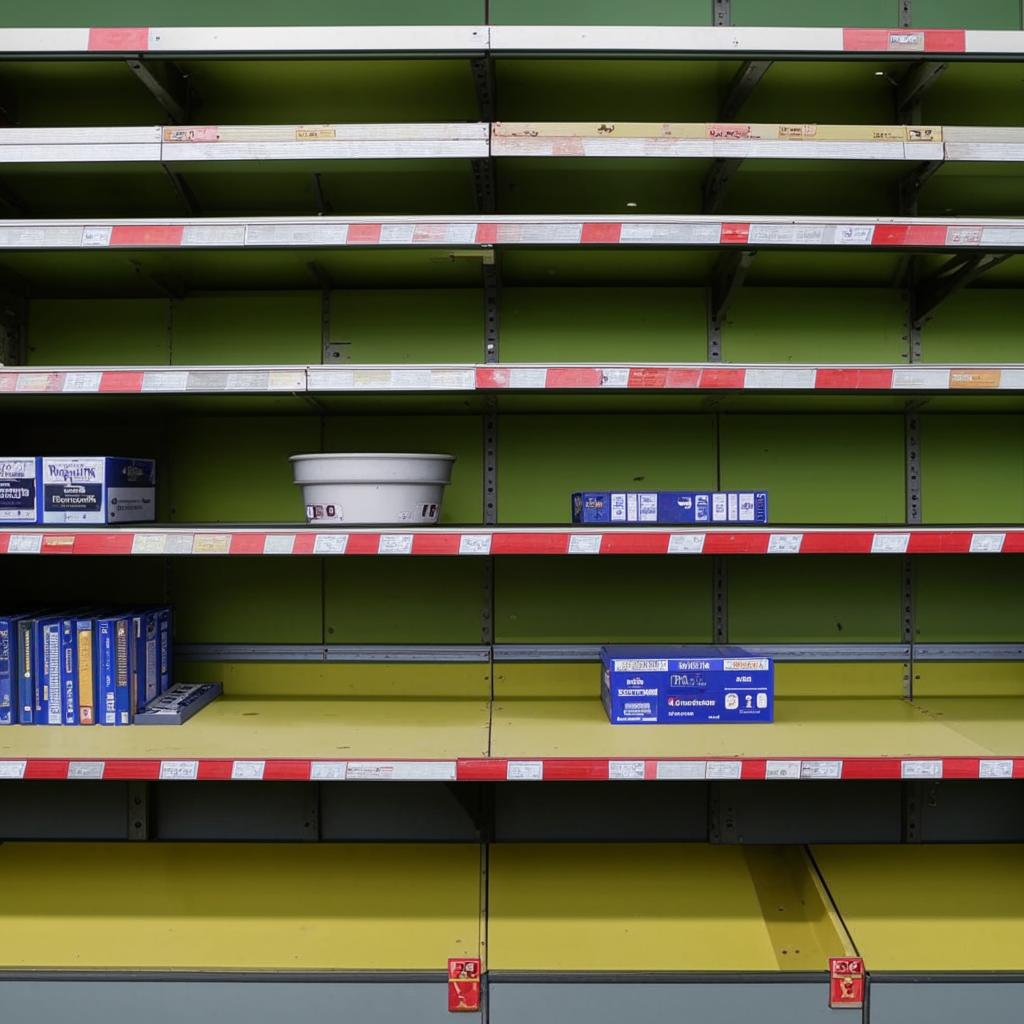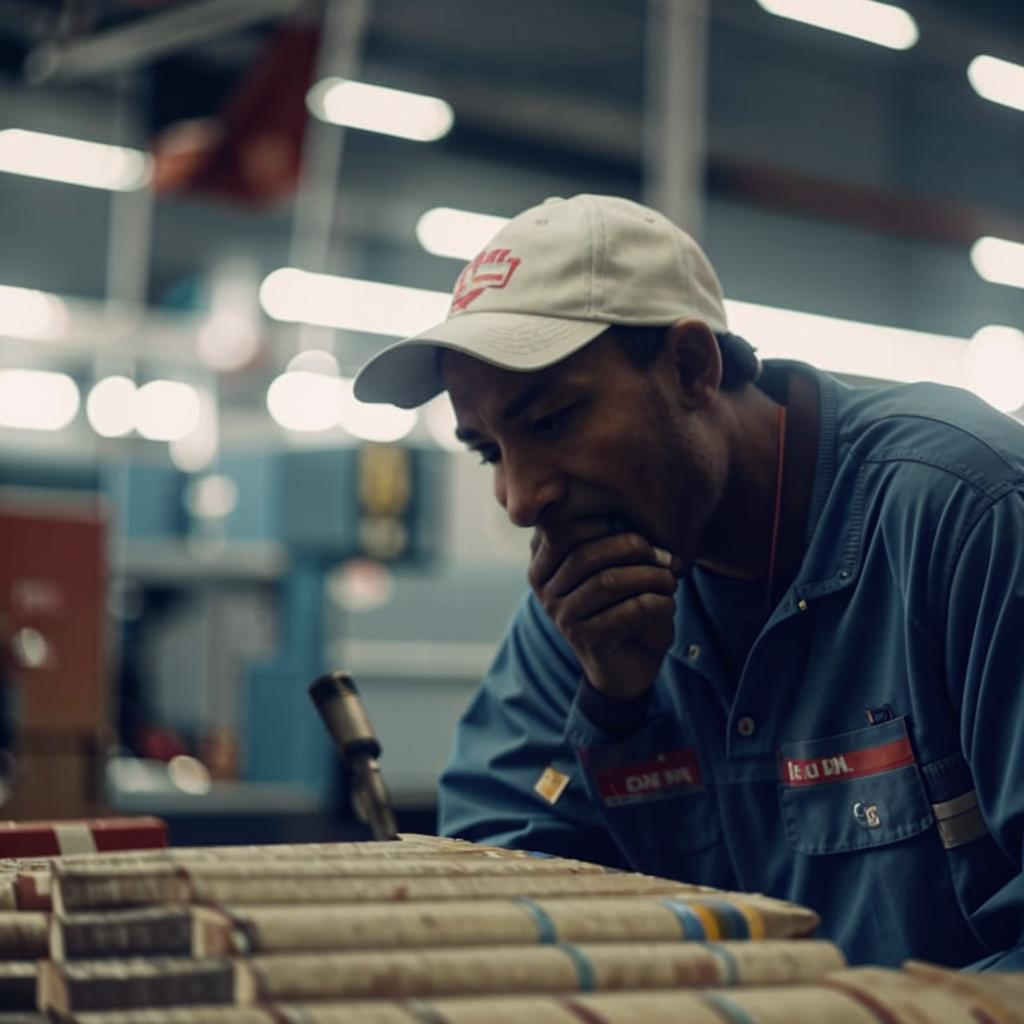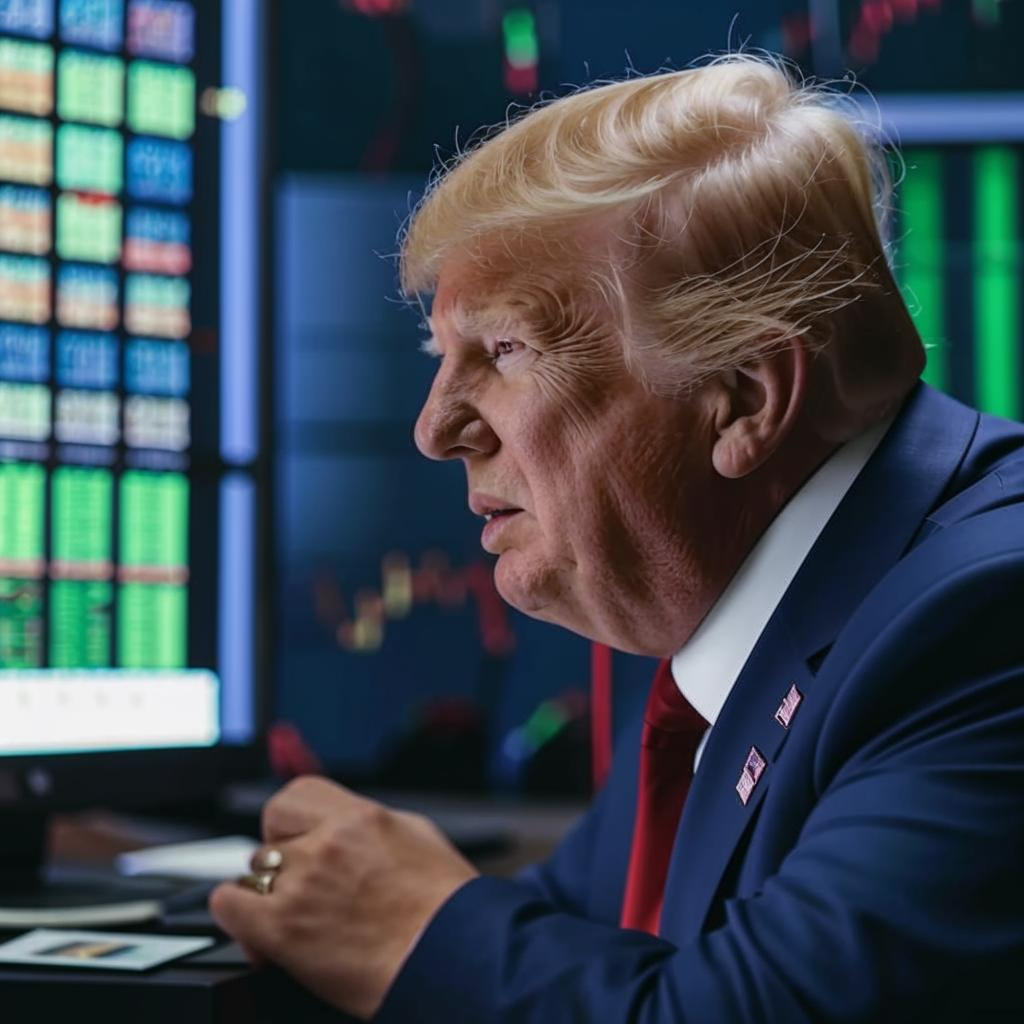Mexico’s economy has defied expectations, successfully avoiding a recession despite ongoing uncertainties surrounding tariffs, particularly those threatened by the United States. Recent economic data reveals a surprisingly stable performance, showcasing the country’s resilience in the face of potential trade disruptions.
Analysts attribute Mexico’s success to a combination of factors. Diversification of export markets beyond the U.S. has played a crucial role, with increased trade activity with Europe and Asia mitigating the impact of any potential decline in U.S.-bound exports. Furthermore, a focus on strengthening domestic demand through strategic investments in infrastructure projects has provided a buffer against external shocks.
However, the threat of tariffs continues to loom, and economists remain cautious about the long-term outlook. The Mexican government is actively engaging in negotiations with its trading partners to secure favorable trade agreements and reduce its vulnerability to protectionist measures.
Despite the positive economic indicators, concerns persist about specific sectors that are heavily reliant on exports to the U.S. The automotive industry, in particular, remains sensitive to potential tariff increases, and the government is working closely with businesses to develop contingency plans.
Mexico’s ability to navigate the complex global trade landscape is a testament to its adaptability and strategic economic planning. As trade tensions continue to evolve, Mexico’s performance will be closely watched as a case study in economic resilience. The country’s ability to continue growing will depend on its commitment to diversifying its economy, negotiating trade deals and continuing to attract foreign investment.













